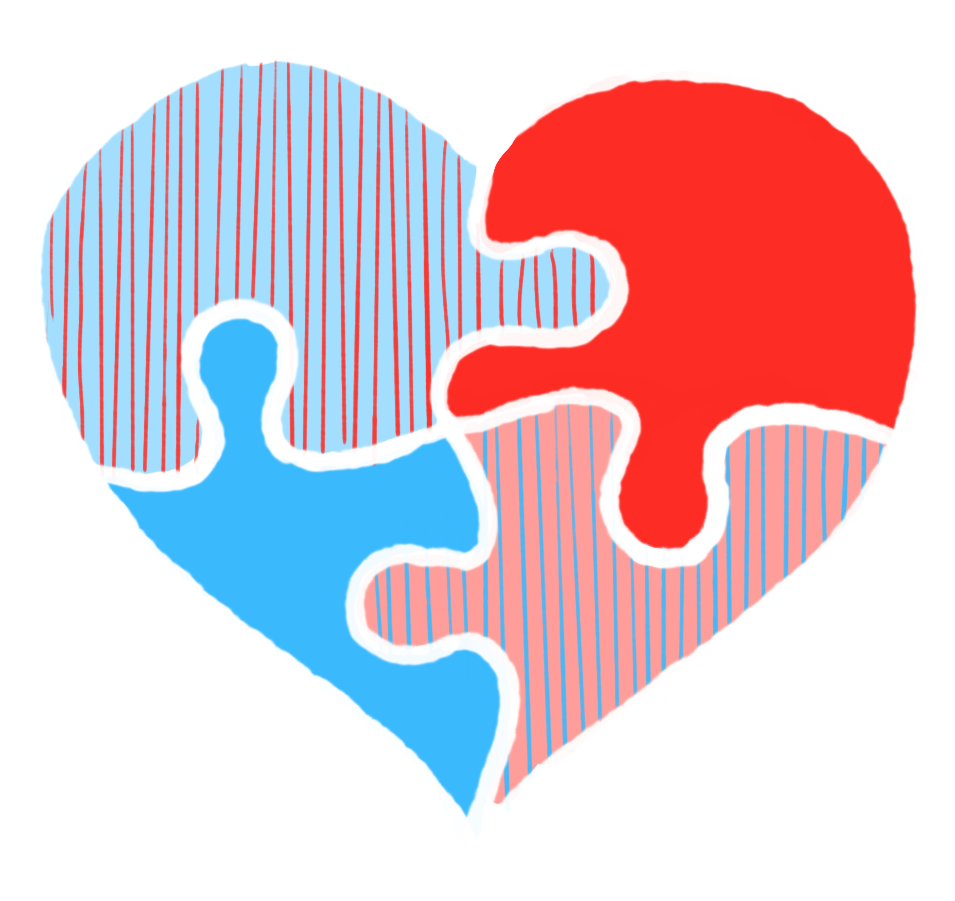Sexual development 0-4 years
Global development
Babies love to cuddle. It makes them feel safe. When they become toddlers, they start to discover their own body. They are curious about their own bodies and those of others. They look and feel. For example, they want to know where their pee or poop comes from. Most children are continent when they are between 2 and 3 years old.
Specifically for anorectal malformations/Hirschsprung’s disease
That's no different for your baby. However, there may be important differences with other babies and toddlers. Your daughter probably has to deal with doctors much more often than other children. She may have had many surgeries at an early age. She may also have had to deal with the daily rinsing of the intestines or the stretching of the anus.
In these cases, her lower body is often touched by others and also by you as parents. Cuddling your parents is nice, but physical examination by the doctor is less pleasant and sometimes it hurts. Your child may also have more problems with toilet training than other children. This can affect how your child experiences her body.
Solutions
How can you support your child's sexual development at this age?
You are already doing so. You cuddle your child and give attention and love. In addition, you can already help your child to feel good with her body. In other words, you can help your child develop a positive body image. You can do this, for example, by being open as early as possible about what is going on. Also reassure your child; it doesn't matter if she is not continent, she can't do anything about it. You may call in the help of the treatment team (paediatric surgeon, specialised nurse, paediatric pelvic physiotherapist, psychologist and pedagogical worker). The team members may give you advice on how to help your child feel good about her body, despite the condition.
Want to know more?
About toddlers being incontinent [Link in Dutch, Open the link in Google Chrome and make use of the translation function to translate the website: See browser settings - Languages]
About the parent-child relationship when the child is chronically ill [Information in Dutch and can be translated]



